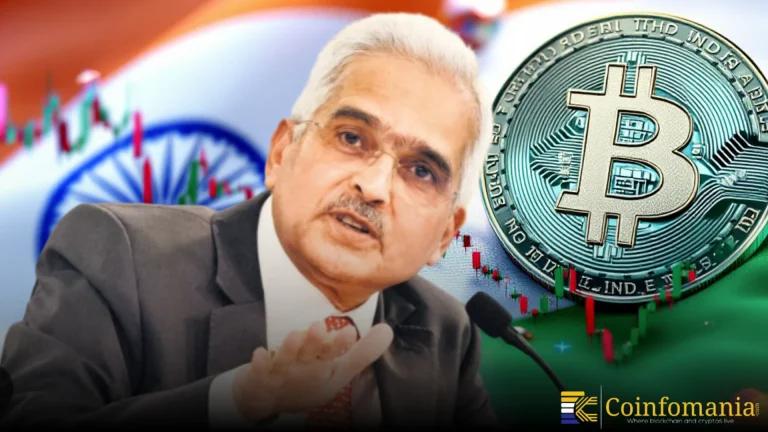Brazilian Top Court Grants Legal Backing to Crypto Asset Seizures Over Unpaid Debts
Brazil’s top court issues a groundbreaking ruling on the legal use of crypto in debt collection—signaling a major shift in how digital assets are treated in financial disputes.

Brazil’s Superior Court of Justice (STJ) has issued a landmark judicial ruling by declaring that cryptocurrencies can be seized to settle outstanding debts. Due to this ruling, courts are now able to recover debts through digital assets such as Bitcoin and Ethereum in the same manner that they would conventional property such as cash or property.
Aside from expressing a wider international push towards the regulation of the use of cryptocurrency and its application in financial disputes, the ruling sets a clear precedent within Brazil’s legal system.
A New Era for Digital Asset Accountability
According to the reports by a local media outlet, PODER360, Brazil’s Superior Court of Justice (STJ) has unanimously ruled that judges can order cryptocurrency exchanges to report and freeze digital assets held by individuals with unpaid debts. The decision came from the court’s 3rd Panel, made up of five members, who supported a creditor’s request after no other assets were found in the debtor’s name. This ruling confirms that crypto can now be treated like other types of property in legal debt collection. The court stated that, “Although they are not legal tender, crypto assets can be used as a form of payment and as a store of value.”
Under current Brazilian law, judges can freeze bank accounts and withdraw funds without notifying the debtor if they determine a creditor is owed money. With the recent court ruling, this authority now extends to cryptocurrencies as well. Although crypto is not yet fully regulated in Brazil, Minister Ricardo Villas Bôas Cueva pointed out that proposed legislation already defines digital assets as a “digital representation of value,” reinforcing their legitimacy in legal and financial matters.
AInvest wrote that the unanimous decision by Brazil’s Superior Court of Justice followed an appeal from a creditor against a case where no assets were traced under the name of a debtor. The court recognized that even though cryptocurrencies are not legal currency, they still represent a legitimate payment system and store of value.
Minister Ricardo Villas Bôas Cueva pointed out that although crypto isn’t yet a fully regulated thing in Brazil, suggested legislation already classifies it as a digital representation of value. This represents a significant development toward officially mainstreaming digital assets into the legal and financial infrastructures of the country.
Legal and Financial Implications
The recent decision by Brazil’s Superior Court of Justice may alter the way debts are recovered in the country. Creditors can now confiscate cryptocurrencies to recover unpaid debts, providing courts with a new means of enforcing payments. This may also increase confidence in using digital assets for business and personal purposes.Nevertheless, the ruling also highlights the need for more explicit crypto regulations. While Brazil has started to recognize digital assets, there is not yet a complete legal framework. The recent court ruling may spur lawmakers to hasten efforts to establish clear and comprehensive guidelines on how cryptocurrencies fit into the financial system of the country.
In his remarks, Minister Ricardo Villas Bôas Cueva clarified that cryptocurrencies are still not fully legally regulated in Brazil. But a few bills pending in Congress already refer to them as digital assets for making payments, investment, and access to goods and services using blockchain. He further added that Brazil’s National Council of Justice (CNJ) is working on a platform known as CriptoJud. The platform would allow courts to freeze or seize crypto assets directly from users’ accounts at exchanges.
As Brazil continues to develop its cryptocurrency laws, the recent STJ decision indicates the nation’s courts are willing to treat digital assets in much the same way as they would traditional assets when enforcing debts. As new laws remain pending, this ruling provides a clear example of how crypto is gaining more acceptance—and close scrutiny—throughout Brazil’s financial and legal institutions.
Follow us on Google News
Get the latest crypto insights and updates.


